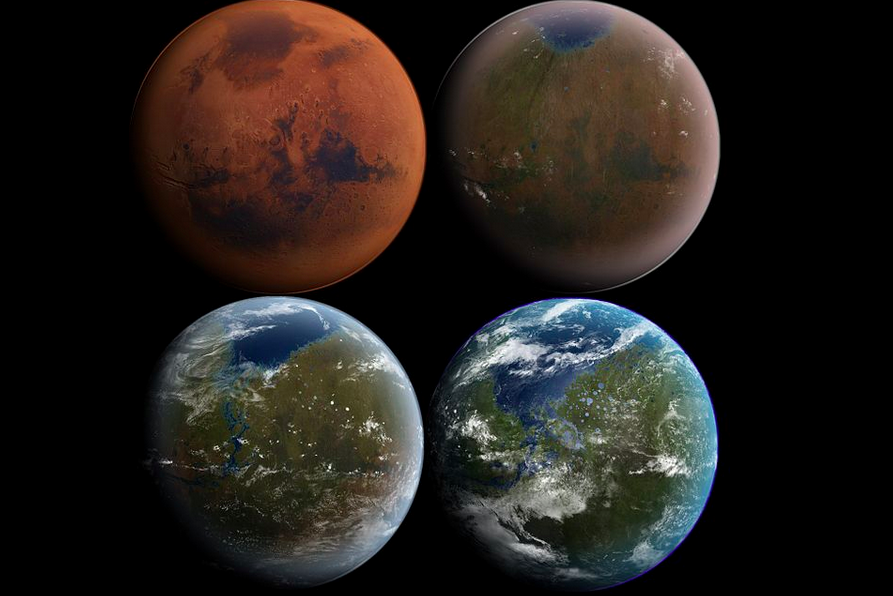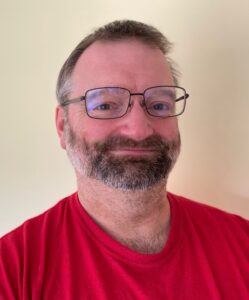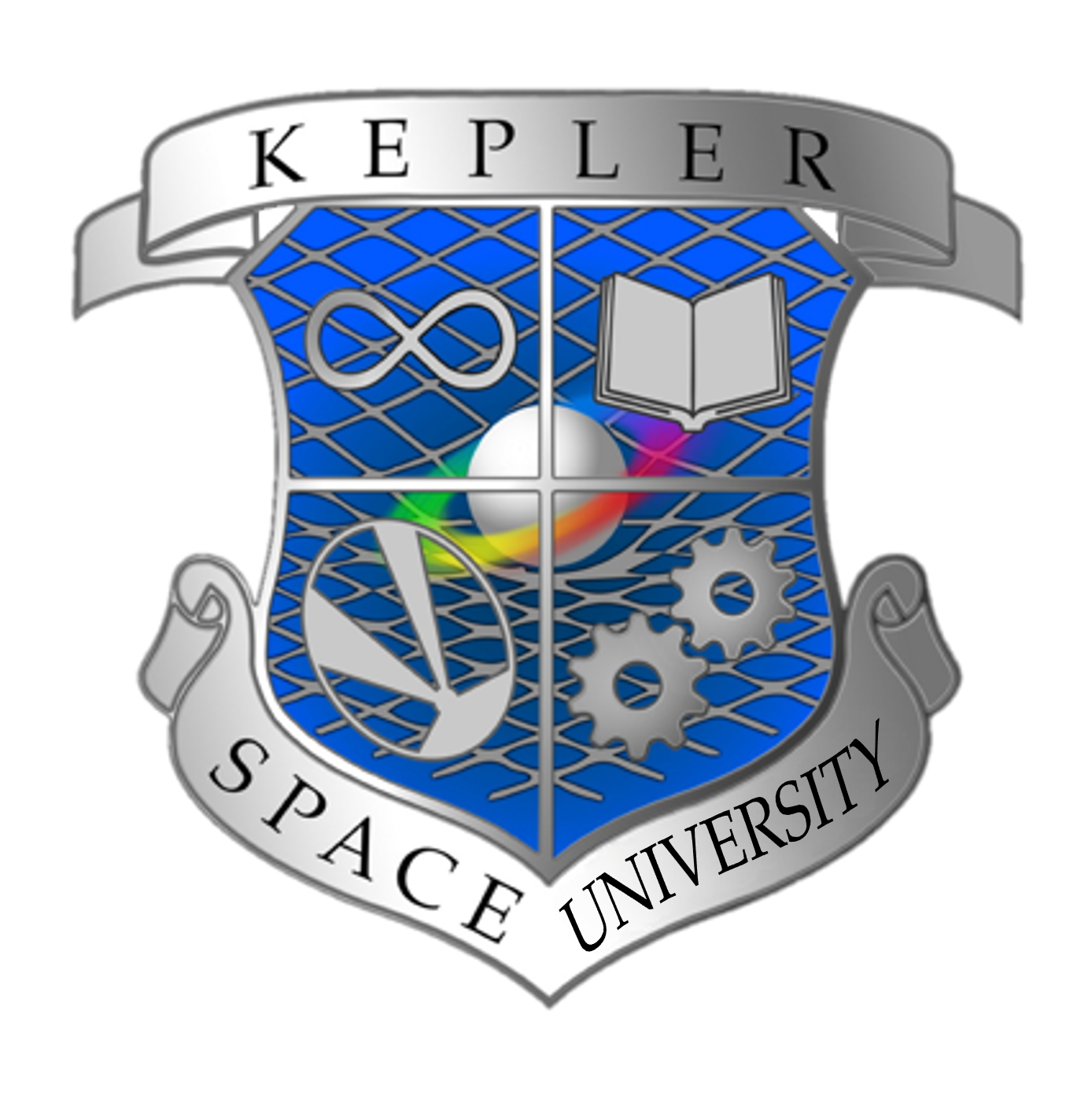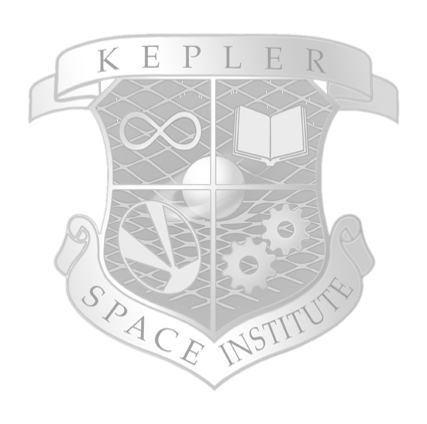MARS: MYTHOLOGY, EXPLORATION, AND FUTURE SETTLEMENT OF THE RED PLANET
BY MATT WILLIAMSThis course will examine how our perceptions of Mars have evolved over time, how popular depictions of humans to Mars have changed, and what the future could hold for Martian settlers!
FORMAT
Weekly live sessions
ONLINE ACCESS
Progress at your own pace
6 WEEKS
2 hours per week
UPCOMING
SESSIONS
ABOUT THIS COURSE

Mars: Mythology, Exploration, and Future Settlement of the Red Planet
The planet Mars has been a source of fascination for human beings since time immemorial. For millennia, its path across the night sky has been tracked and recorded by observers, inspiring mythological, cultural, and astronomical traditions that are still alive today. Over time, our knowledge of the planet, and its similarities and difference with Earth, have evolved considerably. For more than a century, scientists have speculated about the possibility of life there, and whether or not humanity will visit there someday. For over sixty years, we’ve sent robotic missions there. In a little over a decade, we’ll be sending crewed missions as well. Someday, we might even establish a permanent human presence there, thus fulfilling the dream of countless generations of dreamers. With the right strategies, technology, and a huge commitment in terms of time and resources, Mars’ nickname (“Earth’s Twin”) could take on a whole new meaning!
WHAT YOU’LL LEARN
Students will come away from this course with a greater understanding of Mars’ enduring place in our cultural, mythological, and astronomical traditions. They will also learn of how our perception of Mars has changed considerably over time, especially where questions of its potential habitability are concerned and whether it once supported life (and may still today). They will also leave with a greater understanding of how these perceptions have shaped the many proposals for crewed missions since the dawn of the Space Age. Lastly, they will understand how our growing understanding of “Earth’s Twin” has brought us to the point where we are contemplating whether a permanent human presence can be established there someday.
SYLLABUS
This course will examine how our perceptions of Mars have evolved over time, how popular depictions of humans to Mars have changed, and what the future could hold for Martian settlers!
Popular Perceptions and Portrayals
Module 1
History of Proposals
Module 2
Mars in Science Fiction
Module 3
Getting There
Module 4
Living There
Module 5
Making a Garden
Module 6
INSTRUCTOR
I was born in Canada’s capital of Ottawa, Ontario, in 1978. Since my formative years coincided with the 1980s and 90s, I witnessed the era of Star Wars, Star Trek, the Space Shuttle, and the Hubble Space Telescope. From an early age, I found myself fascinated with space, astronomy, and the possibility that humanity might travel and live out there someday. I also very much enjoyed the exploration of humanity’s future in space through science fiction and developed a keen interest in the genre before I became an adult. I also knew that I had a passion for knowledge and enjoyed sharing that with others.
This latter passion led me to become a teacher by 2004 when I still lived in Ottawa. Two years later, I moved to beautiful British Columbia, where I now live with my wife and family. It was here, in 2010, that I met Fraser Cain, the publisher of Universe Today. While I was fascinated with his publication, Cain was fascinated with the fact that I was an aspiring science fiction writer, as well as a teacher of history and English to high-schoolers. He took it upon himself to nurture my interests and eventually hired me to become a writer with Universe Today and HeroX.
Between 2015 and 2022, I expanded my professional base by quitting teaching to write for Universe Today full-time. I joined multiple education and outreach organizations (The Royal Astronomical Society of Canada, Enterprise in Space, Mars City Design, and more), began delivering lectures locally, and began writing for other publications. Foremost among them is Interesting Engineering, which I joined in 2019.
By 2015-16, I also gained the attention of publishers interested in my ideas for science fiction books that explored the themes I wrote about professionally. These included Earth science, astronomy, space travel, terraforming, and the possibility that humanity will expand into space someday. Between 2017 and 2020, I had three novels published by Castrum Press and plan to write many, many more, if possible!
As of 2022, I also became a podcaster whose show – “Stories from Space” – was picked up by ITSP Magazine. This show explores the history of spaceflight, astronomy, astrophysics, cosmology, and the deeper questions about our existence. Questions like “How did it all begin?”, “Where are we going?”, and “Are we alone in the Universe?”
I’m proud to be joining the Kepler Space University and am looking forward to sharing my passion for space, education, and the pondering of the deeper questions with students!

Matthew Williams
Space Journalist and Science Communicator, Kepler Space University
WAYS TO ENROLL
Mars: Mythology, Exploration, and Future Settlement of the Red Planet
This course will examine how our perceptions of Mars have evolved over time, how popular depictions of humans to Mars have changed, and what the future could hold for Martian settlers!

